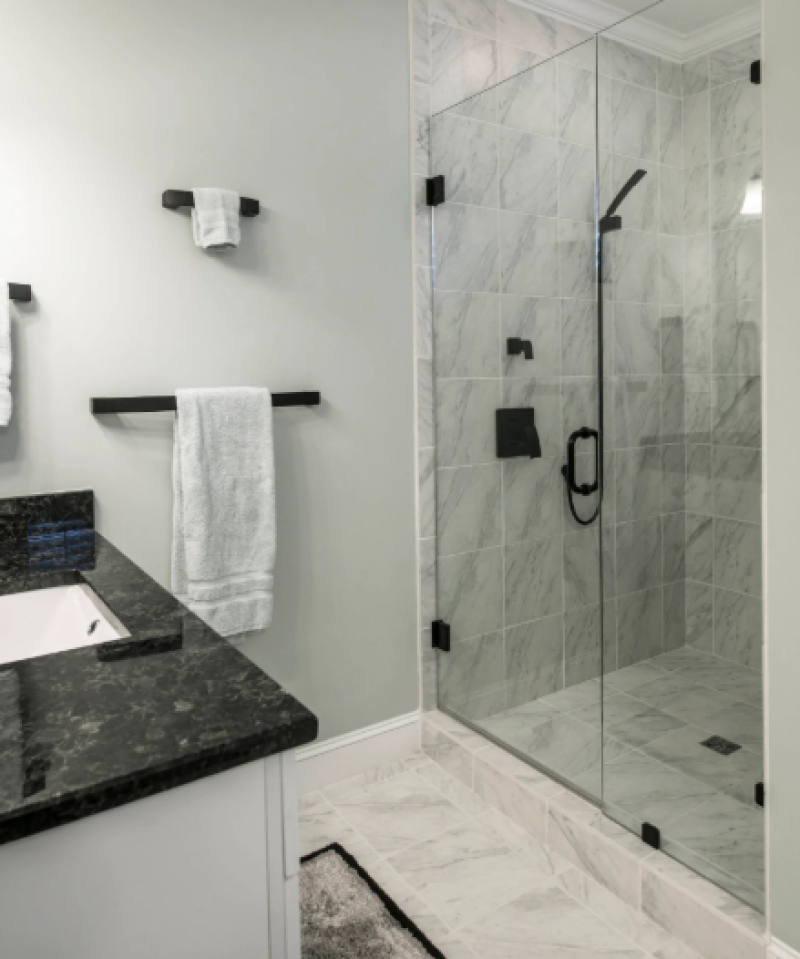Business
FAQs about Online Reputation Management for Medical Professionals

Let’s be real for a second—if you’re a doctor today, your reputation doesn’t just live in your clinic. It lives online. Patients don’t whisper recommendations at a coffee shop anymore; they open Google, skim a few reviews, and make up their minds in minutes. That’s why FAQs about Online Reputation Management for Medical Professionals matters more than ever.
Here’s the kicker: Statista reports that over 90% of people worldwide read online reviews before making a purchase or booking a service. Imagine that in a healthcare context. Your expertise could be top-notch, but if your online reviews look sketchy? Patients might never walk through your door.
Trust online isn’t just “nice to have.” It’s survival. One of my colleagues told me about a dermatologist whose practice flatlined after a single negative viral review. She didn’t even respond. Silence, in the digital age, is the loudest answer. And here’s the truth—managing your reputation doesn’t mean faking perfection. It means being proactive, authentic, and ready to show that you care.
I’ve seen this firsthand working with Digileap, where we’ve helped clinics turn shaky reputations into trust-building machines. So let’s dive into the big questions every medical professional should be asking.
Why Is Online Reputation Management Essential in Healthcare?
Does reputation really affect patient trust?
Yes, in more ways than most doctors realize. Patients aren’t just judging your credentials; they’re reading the stories other people tell about you. A single heartfelt review can outweigh years of silent success. Think about it: would you trust a clinic with 50 glowing reviews or one with no reviews at all? Exactly.
How does reputation impact search rankings?
Here’s the deal—Google doesn’t just want websites; it wants credibility. Positive reviews, consistent responses, and accurate listings send strong trust signals. A clinic with an active digital presence climbs search rankings faster. And no, it’s not just “SEO fluff.” It’s reputation-driven SEO.
Can ignoring bad reviews really harm a clinic?
Oh, big time. One ENT doctor I know ignored a negative comment on Practo for months. Guess what happened? That review became the first thing people saw when searching his name. Patients assumed it was the truth.Funny thing is, if he’d just said sorry and asked the patient to swing by for a follow-up, it probably would’ve turned into a win. Instead, it snowballed into a mess.
What Are the Best Practices for Managing Online Reviews?
How should doctors respond to negative reviews?
Never, ever with defensiveness. Picture this: a patient complains about long wait times.Rule number one: don’t get defensive. Imagine a patient gripes about waiting too long. A simple, human reply works—something like, ‘Sorry about the wait, we’re fixing our scheduling. Drop us a message so we can make it right.’ That’s it. No drama, no essay That one line shows you care, without getting into a messy public argument.
What about encouraging positive reviews?
Here’s the thing—patients who love your service often forget to write about it. A gentle nudge works wonders. Maybe an SMS after their visit: “Hope you’re feeling better! If you’d like, here’s a quick link to share your experience.” Research from BrightLocal says 76% of people asked to leave a review actually do. That’s powerful.
Should doctors monitor review platforms daily?
Not obsessively. But yes, consistently. Tools like Reputation.com or even a simple Google Alert make it easier. Because speed matters—responding within a couple of days looks caring, while silence looks careless.
How Can Medical Professionals Build a Strong Digital Presence?
Is having just a website enough?
Not anymore. Patients expect living, breathing content. A blog about common health issues, a quick Instagram post about seasonal flu, even a short YouTube video explaining a treatment—they all add up. And when people keep seeing your name online, trust grows without you saying a word.
How important is social media for reputation?
Way more important than most clinics assume. Let’s be honest—if your patients are scrolling Instagram for an hour, why shouldn’t your clinic pop up in their feed with a quick reel on “3 myths about antibiotics”? Social media makes you relatable. As Chris Brogan said: “In the digital space, your reputation is built one interaction at a time.”
What role does patient privacy play in online presence?
A massive one. Share stories, sure—but always with consent. One dentist I know shared before-and-after braces photos without asking the patient’s parents. That one slip cost him more than any bad review. Don’t gamble with privacy. Respect it, and you’ll actually strengthen your reputation.
Should doctors invest in thought leadership content?
Definitely. Writing short, jargon-free blogs or LinkedIn posts makes a huge difference. Patients don’t remember technical explanations; they remember the doctor who simplified complex topics. One cardiologist I worked with shared “5 silent heart symptoms you shouldn’t ignore” on LinkedIn, and the post went viral in his city. His clinic’s inquiries doubled that month.
Is community engagement part of online reputation?
Absolutely.Host a small webinar, volunteer at a camp nearby, or just answer a couple of health-related questions online on sites like Quora. These little acts can collectively build a picture of you as a warm and trusting professional.
A quick example: Dr. Mehta’s clinic turnaround
Before 2020, Dr. Mehta, the pediatrician in Pune, had almost no online presence. During the pandemic, he started hosting live Q&A sessions for concerned parents on Facebook about the immunity of their kids. Within a span of three months, the page garnered over 5,000 followers from just 300, and parents began booking straight off the Lives. Same doctor, same expertise—but a digital presence that worked overtime for him.
TL;DR – Quick Recap
FAQs about Online Reputation Management for Medical Professionals isn’t about cleaning up messes—it’s about building trust from day one.
Reviews affect search rankings and patient choices more than credentials alone.
Responding fast, encouraging reviews, and staying visible online keep your reputation healthy.
Patients want authenticity, not perfection. Silence hurts more than mistakes.
Strong reputation = stronger patient flow. Simple as that.
Conclusion
In healthcare, reputation isn’t just built in exam rooms—it’s built online, post by post, review by review. As Harvard Business Review points out, businesses that actively manage reputation consistently outperform those that don’t. The same applies to medical practices. With the right approach (and sometimes a partner like Digileap), doctors can future-proof their image, win trust, and let patients see the care behind the credentials.
Ready to safeguard your reputation? Start today—because tomorrow’s patients are already Googling you. Learn more here.
Source:
Click for the: Full Story
You might like













 Close Menu
Close Menu